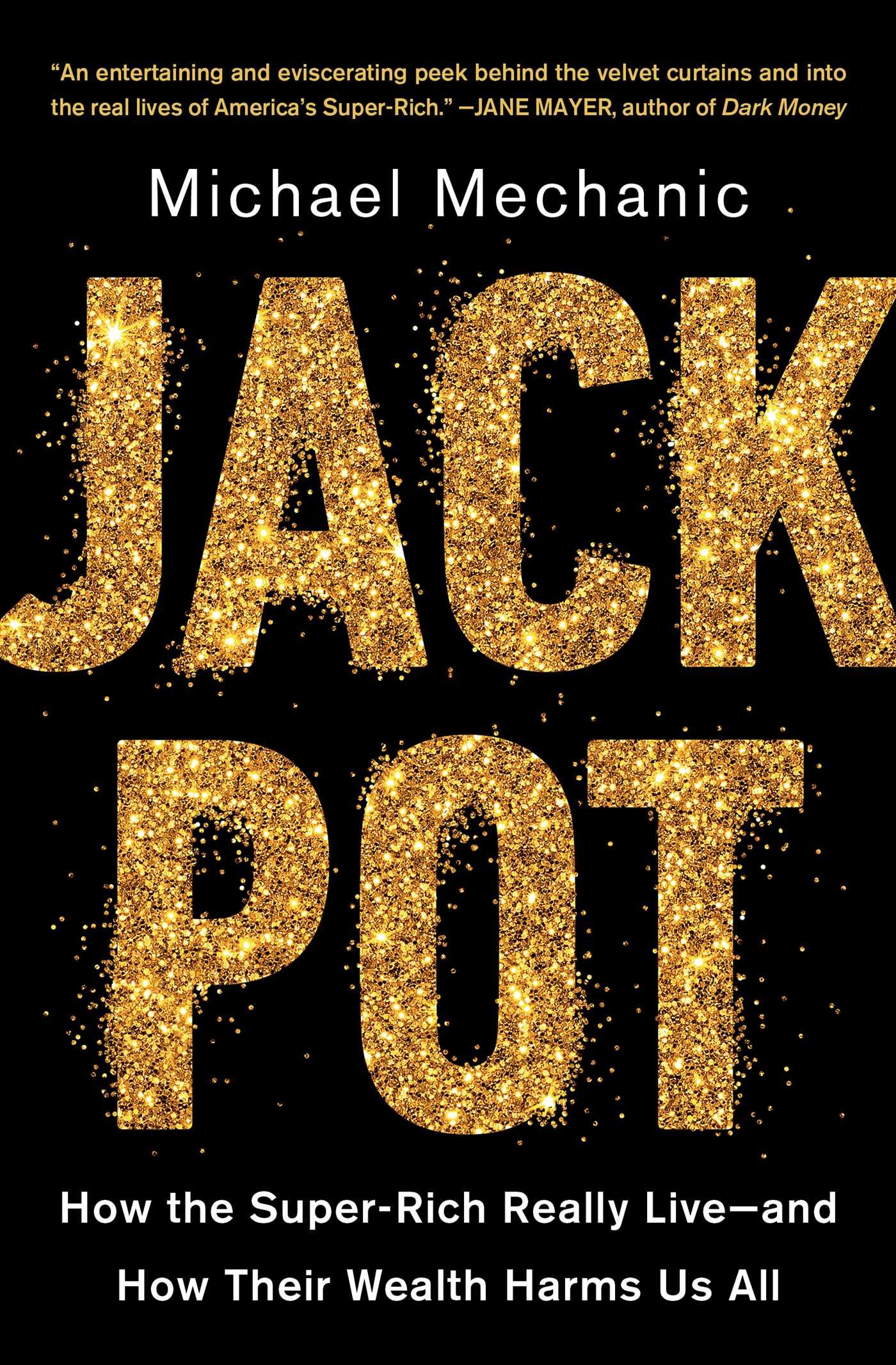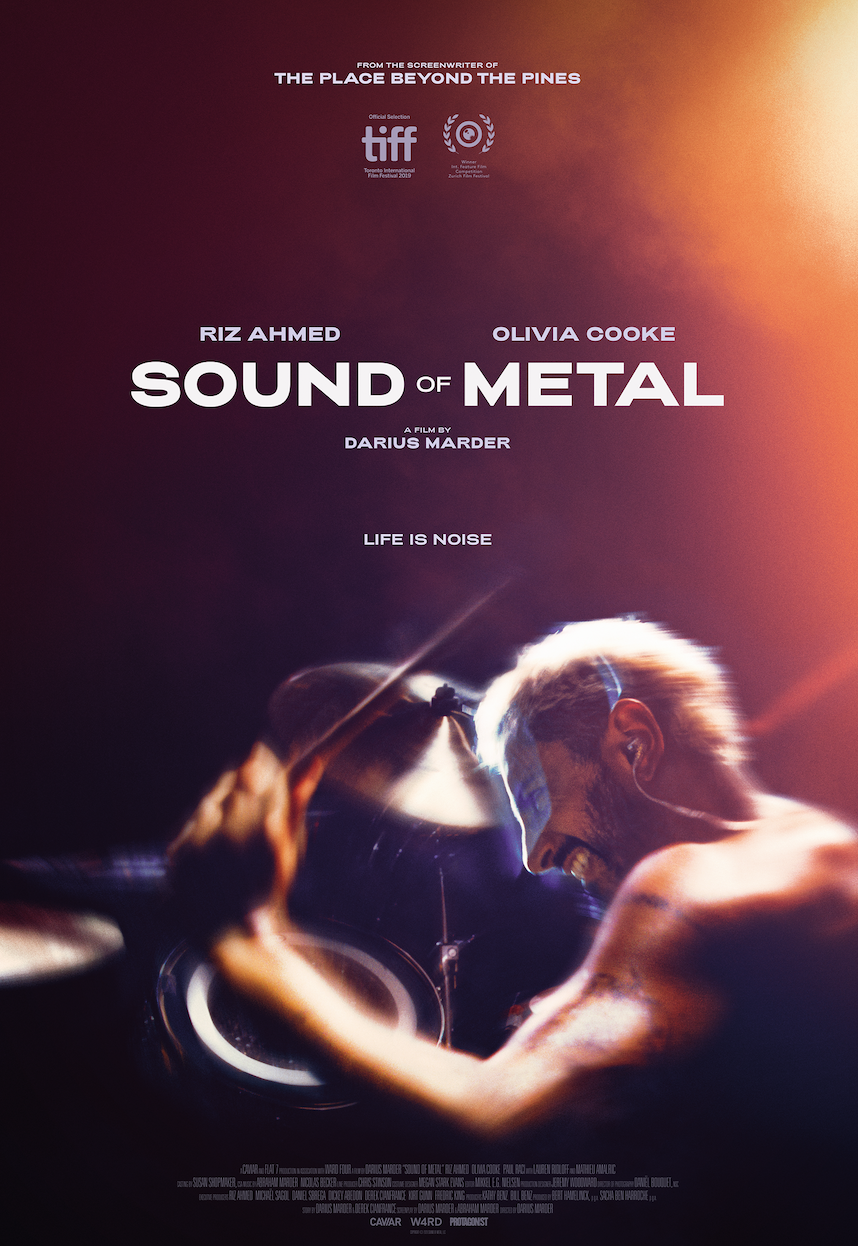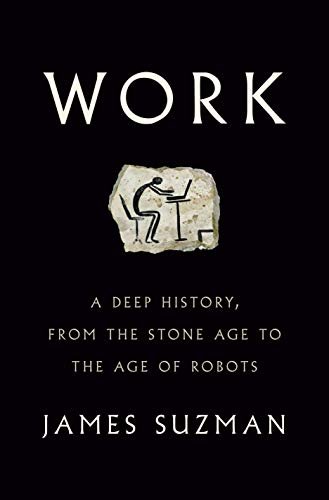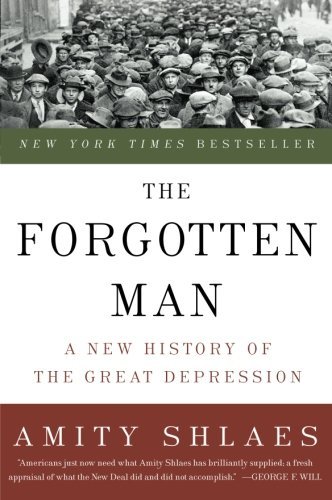Book Bounty
Before I get into it, have you read or do you know about any books focused on the following topics? If so, send them my way. What do you get out of it? My respect and admiration of course!
Predicting second and third order effects of climate change. Climate change is a widely discussed topic in modern nonfiction books. Among the 12 books below, 4 dedicated extensive sections to climate change. But I have yet to see an author seriously attempt to predict what will actually happen to human civilization. I’m not talking about temperatures, humidity, rainfall, and sea ocean levels, I’m talking about how humans will reacts to changes in those environmental factors. I would be endlessly appreciative if you could point me to a book that seriously attempts to make predictions based on guidance from bodies like the IPCC.
The near term future of processing hardware. Moore’s law for single core CPUs collapsed a while ago and while parallelism, emulation, virtualization, and a host of other technologies continue to enable vast improvements in cloud-based computation power, single-core applications of that power have lagged far behind. Just witness the Mac Studio: the M1 Ultra’s multi-core compute bandwidth is incredible, but for a lot of single-core applications, it’s nowhere near as revolutionary. I’m not a hardware expert, but would love to learn more about chip design, the limits of current chip fabrication and design, and what people in the field think will happen to computing hardware in the next 3-5 years. Bonus points if the book in question is written for muggles.
Best Books I’ve Read in 2022 So Far
★★★★★ The Anthropocene Reviewed
From the author of Turtles All the Way Down and The Fault in Our Stars comes this collection of essays about what it is to be alive as a human during a uniquely human era. The premise is simple: John Greene reviews various experiences like gardening, Hailey’s Comet, and Kentucky Blue Grass and gives them a star rating from 1 to 5. At times laugh out loud funny and at others, painfully sincere, I loved this one. If you can, listen to the audio book. There are some extras in there that make it worthwhile, and the author is a surprisingly good narrator.
This book changed how I see the world in a couple of key ways. Most importantly, he gave me words for something I’d long known about marriage, which is that good marriages often require two people to see and appreciate some third thing together. I think my own marriage has been strictly better since my wife and I had kids because they are our third thing: a hopeful project for the future that imbues our lives with meaning outside of our ourselves. You don’t have to have kids of course, but the happiest couples I know have something that they share and appreciate together on a regular basis.
★★★★★ The Expectation Effect
If you can get over the stench of the pop-sci genre, this book is amazing. Robson’s thesis is nuanced: your expectations change not just how you perceive the world (they do) but also what we in the US have long viewed as strictly physical processes. For instance, you will heal from surgery faster if you think you will. You will live a longer and more healthy life if you believe you are healthier than average. You will eat fewer calories if you believe that you have eaten enough. There is even evidence that just thinking about physical work will make you better at doing that work. Robson is not saying that you can think your way out of physical challenges. You can’t think the cancer away, you can’t get into Harvard by visualizing your success if you flunked out of most of your high school classes, and you won’t become a world-class body builder by thinking about lifting 1,000 pounds. But at the margin, you can recover more quickly, get better test scores, and improve your dead lift next week if you adopt certain beliefs about the world. The cumulative effect of these at-the-margin hacks can add up to a huge advantage. This is as near to a real life super power as I’ve come across.
★★★★☆ Extra Life
Short and to the point, Steven Johnson takes the reader on a tour of the things that humanity has done to improve our life spans in the last couple thousand years. He ranks their impact from savings billions of lives to improvements that have probably only saved a couple hundred thousand. This book is great for 2 reasons:
1) The author clearly understands and explains what “life span” actually means and avoids the popular misconception that adults in the past died at younger ages than do adults today. Most of the ways that we have increased our healthy life spans have not been through elongating the lives of otherwise healthy adults (although we have done some of that), but by preventing children from dying of preventable causes. He provides not just an explanation of this phenomenon but also a brief history of how the science of age and mortality statistics was created and modernized.
2) Most of the book talks about innovations you know about already. You may even know about how some of those inventions came to be: the moldy cantaloupe that gave us penicillin and the bomb manufacturing that gave us industrial fertilizers are two well known stories. But Johnson goes beyond these simplified and flattened narratives and gives the reader lots of details and texture that humanize and contextualize how things like pasteurization became common place. In so doing, he makes it clear why it has never been enough to change the world for a lone genius to have a eureka moment in a shed.
★★★★☆ Eight Days in May
If you have ever taken an American history course in high school, you probably knew about as much as I did about the end of World War 2 in Europe. The story I knew was about this concise: “Germany surrendered in May of 1945 and Hitler killed himself in his Berlin bunker. The Allies immediately set about rebuilding Germany.”
Well, there’s a lot more to the story than those two pithy sentences. By examining a very narrow range of time (the 8 days mentioned in the title), Ullrich is able to explain a very complex process in concrete terms by following individual people and explaining specific events in detail. As with all good history books, the reader comes away thinking “wow, that was a lot more complex, dramatic, and human than I thought it was.”
★★★★☆Remember
I would have preferred a more technical and in-depth treatment of the topic of memory and how it functions, but this was still a great read. I came away with a couple of useful tips for improving my memory retention and a much better understanding of how and why some memories are stored forever (the lyrics of Nelly’s Ride Wit Me) and some are forever lost to the sands of time (what I ate last Tuesday for lunch). Genova does a great job of summarizing and keeping it short too. If she had stretched the same content out for another 100ish pages, I probably would have given up. But it’s pithy, direct, and useful.
★★★☆☆ Otherlands
I have a fascination with deep time. The fact that the world is billions of years old is so mind-bogglingly incomprehensible that I find it useful to read books like this to regularly put my own life experience and the experience of our species in context. Otherlands does a great job of painting those worlds in rich, vivid color for us modern homo sapiens. I loved the geographic details, but thought there was too much emphasis on the organisms of past worlds. Contemplating giant centipedes and microscopic parasites from the pre-dawn of our planet is interesting, but I didn’t need to know the minutia of evolutionary differences between certain genera and families of plants and insects. Apart from that, it was delightful geography porn and I’d recommend it to anyone interested in better understanding how the past may have looked millions of years before hominids burst onto the scene.
★★★☆☆ Jackpot
This is a fun and accessible read and I would recommend it to anyone interested in wealth inequality today. One of the things that the author gets right and is a pet peeve of mine is the misconception around wealth labels as used in the mainstream US media. When journalists write articles about “the 1%,” they tend to use stock photography of mega-yachts, the French Riviera, penthouse apartments, and exotic sports cars, but the reality is that the 1% of Americans live far less glamorous lifestyles. The lifestyle that people associate with the top 1% is really another decimal point or two away: enjoyed only by the top .1% or even .01%. Mechanic nails this distinction and has some great anecdotes to ground the reader in the difference.
Another thing I really enjoyed about this book is how the author doesn’t shy away from the challenges and problems that great wealth imposes upon people. Money problems are so ubiquitous, that most people assume that more money would strictly be a good thing. And to a certain point it is, but this book focuses specifically on people that come into vast sums of wealth suddenly. We’re not talking about people who get a $25,000 check from granny’s estate, these are people who wake up one day to find $25,000,000 in their checking account when their grandfather’s trust suddenly starts distributing funds or their company gets sold unexpectedly. Paranoia, estranged family relationships, divorces, isolation, and loneliness are still real challenges even when you have 7 or 8 digits in your investment portfolio.
This book changed my perception of what constitutes a dangerous amount of money for myself and my children. It’s a bit silly in parts, lapsing into what I’d characterize as pandering to the ultra-wealthy and their lifestyle perks, but it’s enjoyable and informative too.
★★★☆☆ There’s Nothing For You Here
This could have been a 4 or even 5/5 stars, but Fiona devotes 40% of the book to describing in paranoid detail the goings-on inside the Trump White House. I don’t need a long description to be convinced that Trump is a weirdo and that his administration was chaotic and incompetent. Hill could have convinced me of those facts in a couple of paragraphs and moved on, but instead that section of the book just. kept. going.
If you just skip the Trump White House bits, though, this is an excellent book. Fiona Hill does an great job of tying together themes of economic stagnation between the rust belt in the US, the de-industrialized Northeast of England, and the rural areas of Russia. Her thesis about the commonalities between these areas, their residents, and their ultimate fate is both a fresh take on current events and a deeply troubling conclusion.
So, I’d strongly recommend picking this up for the first 60% and then setting it back down again when she gets to her stint in the Trump administration.
★★★☆☆ Bitcoin Billionaires
A fun, breezy account of how the Winklevoss twins … got even more wealthy because they deserve it? I won’t try to defend the morals of accumulating billions of dollars, but it was an entertaining read. I thought Mezrich went too far in trying to humanize the twins and get people to empathize with them - sort of an inverse treatment to the one adopted by the screen writers of The Social Network - but I guess you gotta root for the protagonist? Anyways, it’s a short fun read.
★★★☆☆ An Anatomy of Pain
I learned a lot about the human experience of pain from this one. The topic is very interesting, the facts and research uncovered by Lalkhen are engaging, but I found his writing style and the editing of the book to be a bit inconsistent. Some chapters and topics were well structured, interesting, and expertly explained, others dragged on and were more confusing than it seemed they had to be. It’s a relatively short read, though, so I’d recommend it even with the flaws.
★★★☆☆ The Falcon Thief
Did you know that falcon eggs are sold on the black market for large sums of money to ultra-wealthy people in the middle-east? Neither did I. But that apparently happened and may still be happening.
This is a fun read. Hammer does a great job of bringing the characters to life and humanizing an otherwise weird underworld. I docked it 2 stars because at the end of the day, it just doesn’t seem all that important that falcons are getting smuggled to Saudi Arabia for sale to avid collectors. I mean, that’s not great, but I kept thinking “don’t we have bigger problems in today’s world than whether certain falcon species retain viable reproductive population sizes in the UK?”
★★★☆☆ When France Fell
Could have been a lot shorter. The thesis statement is interesting and counter-factual to most modern readers: the rapid collapse of the French armed forces at the beginning of WW2 had devastating and unpredictable effects on the US’ entry into the conflict. In fact, there’s overwhelming evidence that the US government preferred collaborating with the Vichy government rather than face the threat of consolidated axis powers in control of Europe. All that is interesting and tells a story that not many people know.
But Neiberg could have told that story in half the time. Sometimes less is more! Also, I listened to this as an audio book, and the word “Vichy” isn’t phonetically pleasing to listen to repeatedly. Imagine a narrator trying to use the word “moist” at least 2 times in every sentence for 6 hours and you have an idea of the effect.
Books I Gave Up On in 2022
★★☆☆☆ Metropolis by Ben Wilson
Too much poetry, not enough history and facts. I only got a little ways into it, so maybe it gets more interesting later in the book, but after the third or fourth tangent to elaborate on all the ways that people living together is a myriad tapestry of human experience folded onto one another like a great collage made of memories and synaptic connections — I just gave up.
★★☆☆☆ AI Superpowers by Kai-Fu Lee
Too sensationalized. I felt like I was reading a Tech Crunch funding announcement drawn out into book-length. AI is scary! China is scary! But China is also incredible! $50 trillion dollars! 54 petaflops! Scary! The US is falling behind because of AI! There, now you’ve read it.
★★☆☆☆Invisible Child by Andrea Elliott
This is a timely and important subject, but it it was about 3x too long. I really wanted to know what happened to the characters, but I wanted a 10,000 foot summary rather than an on-the-ground daily retelling of events.
































